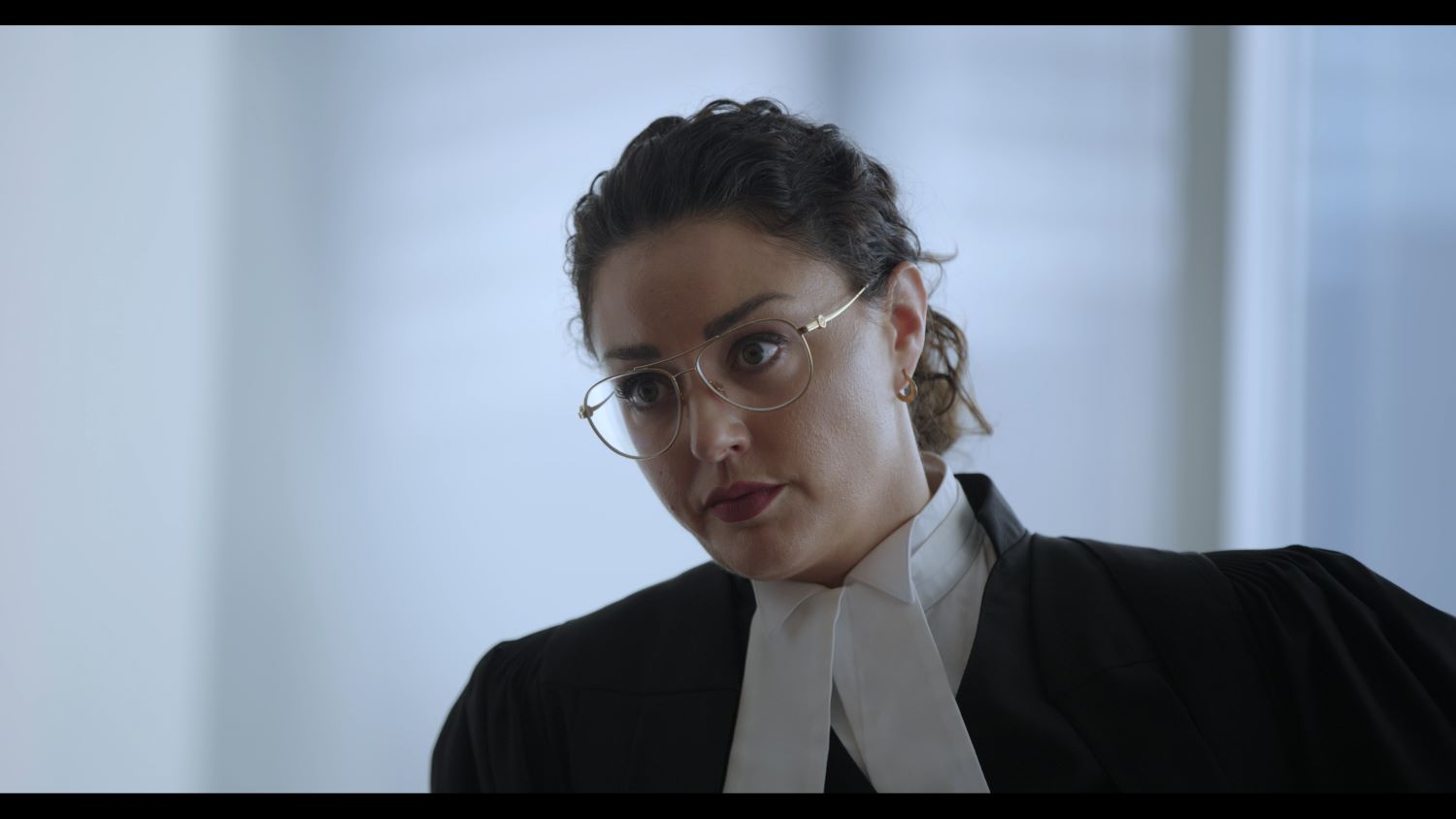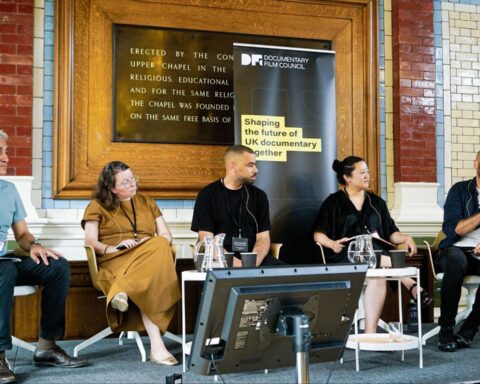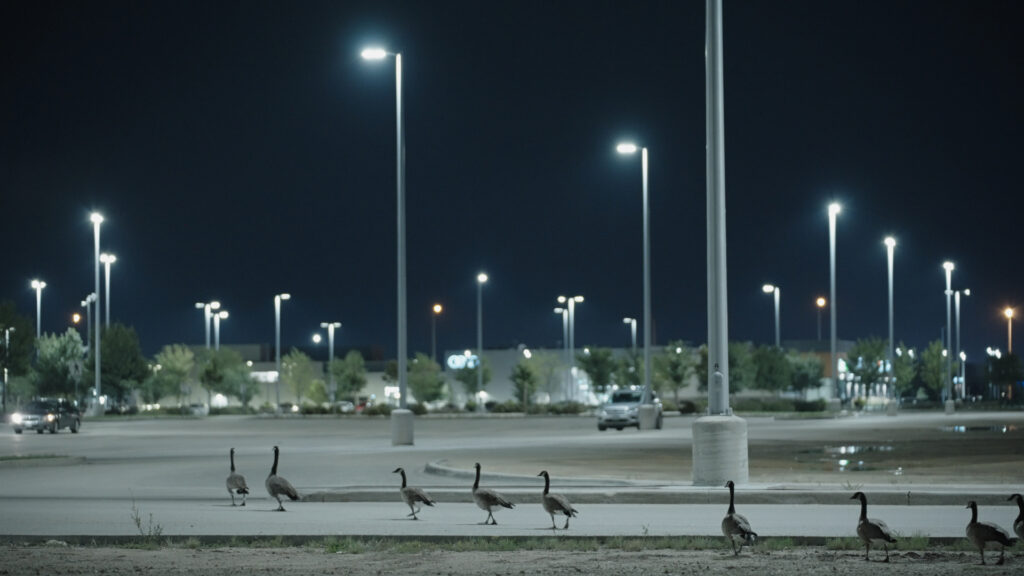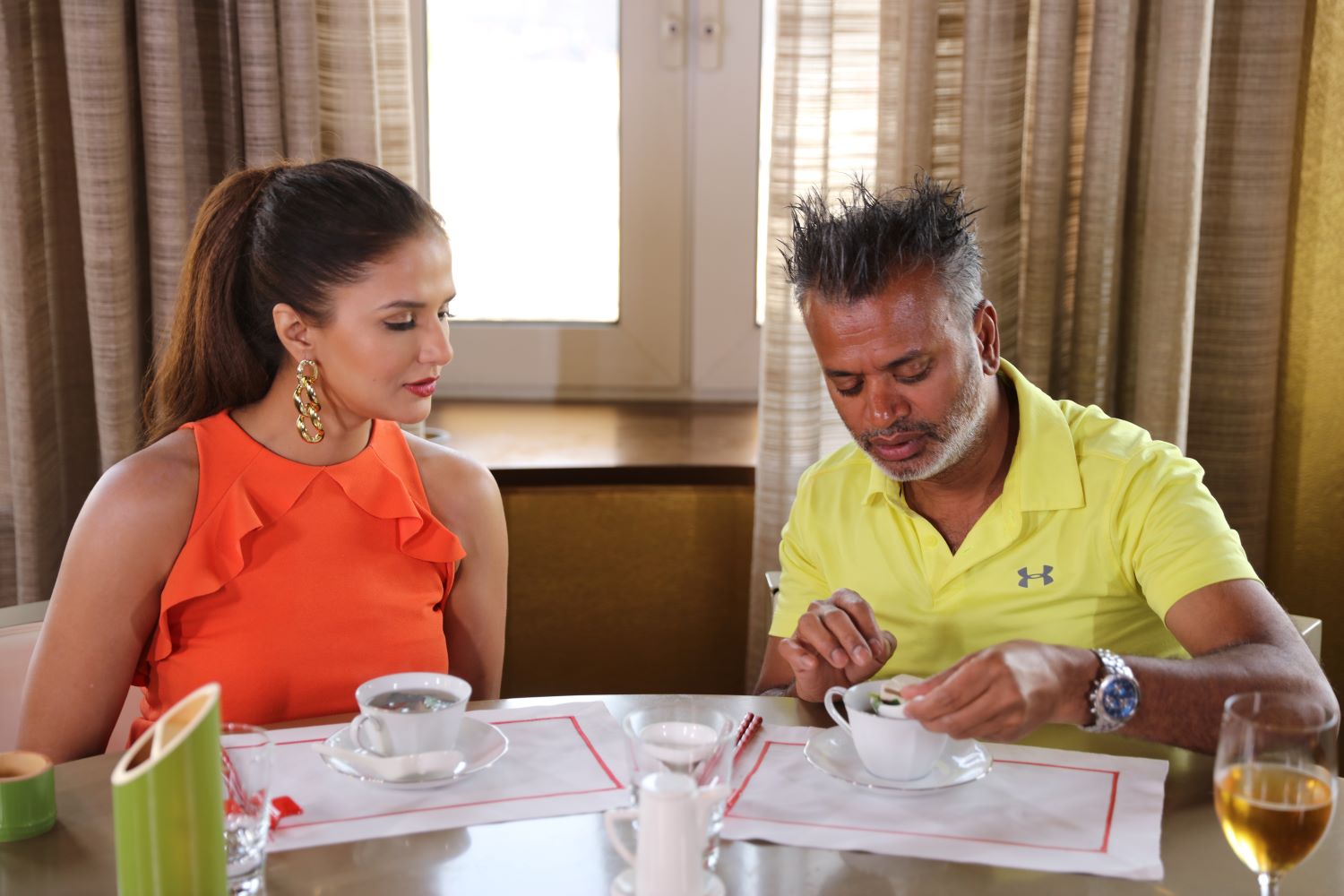Stolen Time
(Canada, 85 min.)
Dir. Helene Klodawsky
“There’s only been a handful of lawyers that have really handled these cases, because typically the damages are very low. Why?” asks Melissa Miller to one of her clients in the beginning of Stolen Time. “Well ‘old people aren’t worth that much. Ah well, they had dementia anyways. They didn’t know what was going on anyway.’ Right?…. So there is this ageist attitude.”
Helene Klodawsky, the director of Stolen Time, follows the journey of Melissa Miller, a personal injury lawyer who specializes in cases concerning nursing home negligence and elder abuse. This investigative feature length documentary from Intuitive Pictures and the National Film Board of Canada uncovers the shady business of for-profit long-term care nursing homes. Stolen Time reveals the lack of care that is put in these systems that house the elderly in their final years.
Klodawsky starts the film in 2018 and captures four years of Miller at work, including the impact that the beginning of the pandemic had on the industry. As the film unfolds, it is revealed that Miller’s plan is to gather lots of important evidence to create a lawsuit against companies like Extendicare, Revera Inc. and Sienna Senior Living for their irresponsibility while taking care of their seniors. Miller does this by collecting many cases of victims and hires investigator Brett Rigby to find inside information. Miller also speaks to various people such as ex-personal care worker Lisa Alleyne; Jackie Brown, who researches how nursing home chains create high return for investors; and Pat Armstrong, who writes and researches about long term care in many countries.
While there is a lot to unpack in this documentary, it is done so through beats that make it easier to digest. Klodawsky uses a grey background with various props to introduce the ‘talking heads’ of the story. For example, a desk with pencil crayons and other art supplies accompany Alleyne while she is sitting down and drawing. Another example is Rai Reece, who is introduced by an empty chair and side table with a family photo. There are many visual elements that make up this film as well, with a mix of archival family photos from clients, vertical videos of Miller giving updates on her cases, and animated drawings made by Alleyne to represent what she saw while working in the senior home.
There is also beautiful cinematography that shows the exteriors of nursing homes, emphasizing on the windows and doors, evoking the many families who couldn’t access loved ones in long-term care facilities during the height of the pandemic. This effect gives the viewer a reminder that this film is an outside-looking-in approach. There is often fog outside surrounding the nursing homes, and a clouded look to the other outdoor spaces, which can signify the hazy system that Canada and other countries have with for profit long-term care facilities.
Miller’s main goal is to provide justice to the people who have been failed by the system, and Klodawsky successfully paints the picture for the viewer of the complex problem we have—that this billion dollar industry has money going to the corporations, and not the women who are the personal care workers, toiling long hard hours. The film shows how the workers don’t have the resources to properly care for all the elderly people who need it. Klodawsky also conveys the neglect and issues seniors face in the homes such as dehydration, malnutrition, injuries, misdiagnoses, dental care and mental well-being. This film covers it all while navigating through the difficult political process and Miller on her long journey.
“I think the way that we treat the most vulnerable seniors in our society is really a mark of how we’re doing as a country,” says Jackie Brown. This doc is just the tip of the iceberg to start making real change.
Stolen Time screens at Hot Docs Ted Rogers Cinema as part of the Doc Soup series on April 2 and 3 with Helene Klodawsky in attendance.
Update (Oct. 18, 2024): The film is now in US theatres and on Superchannel in Canada.














